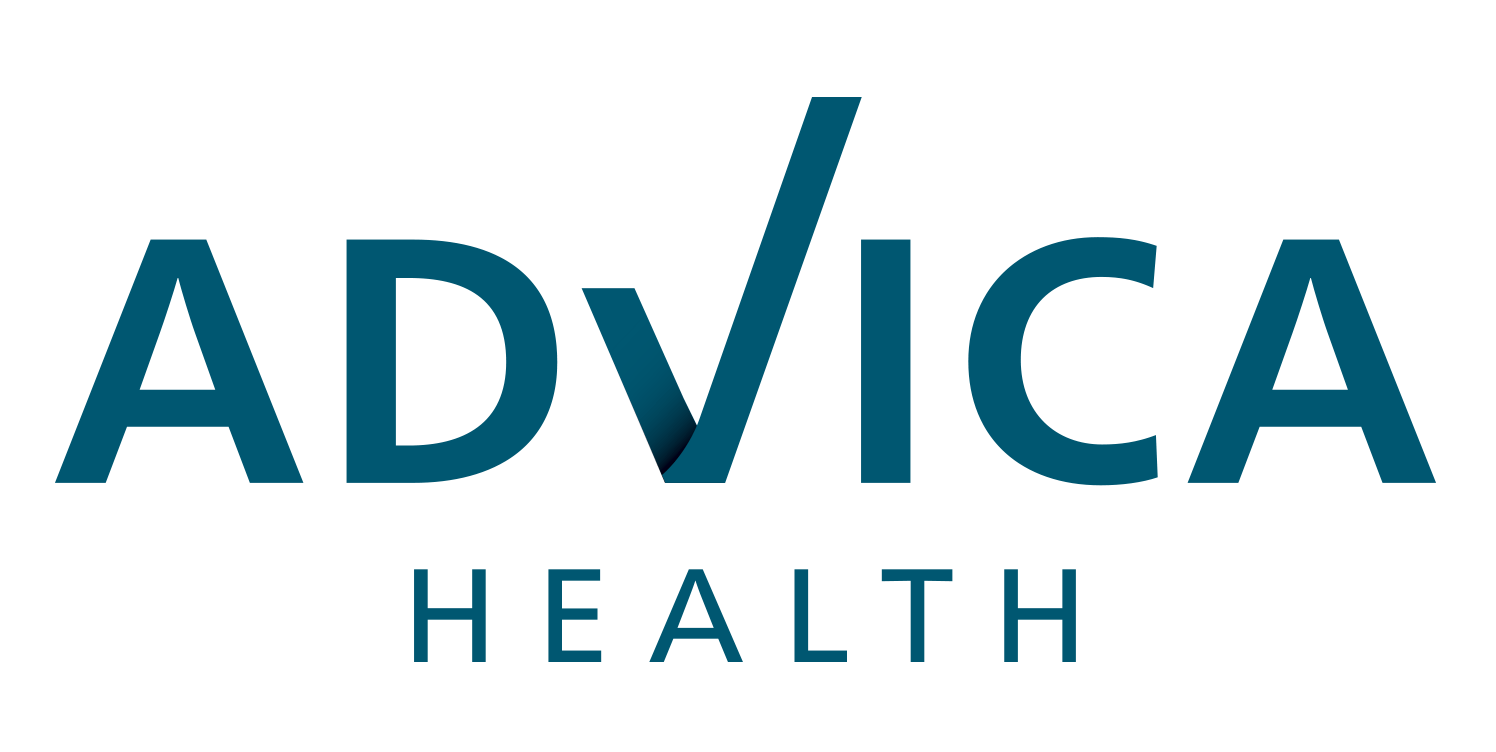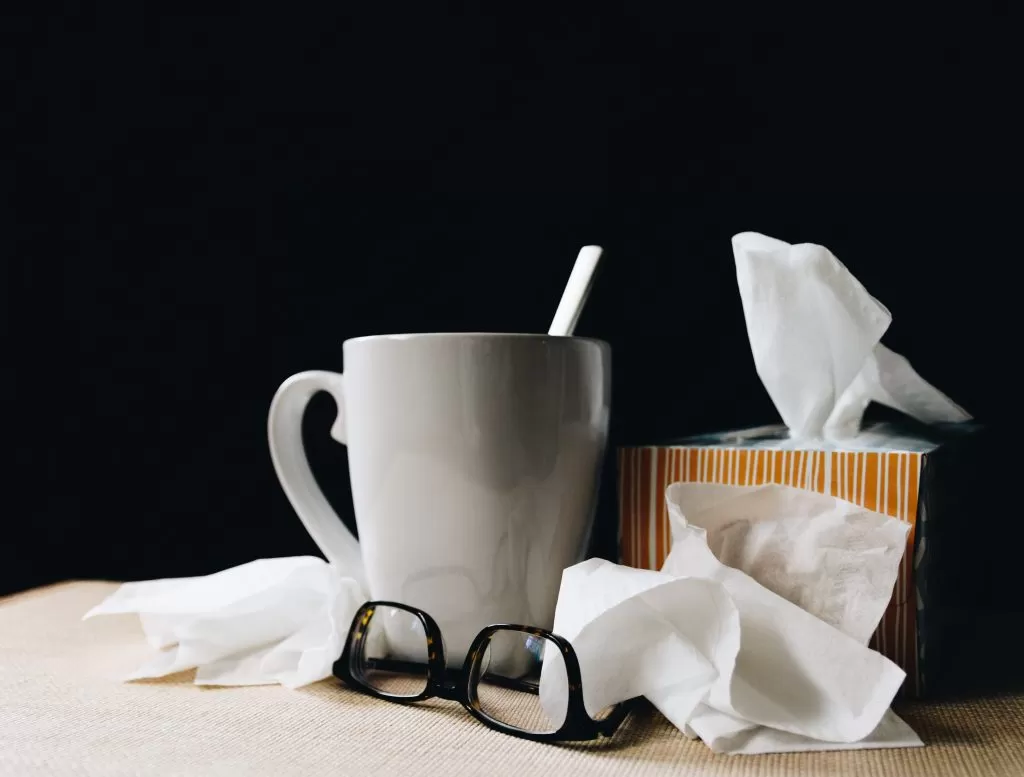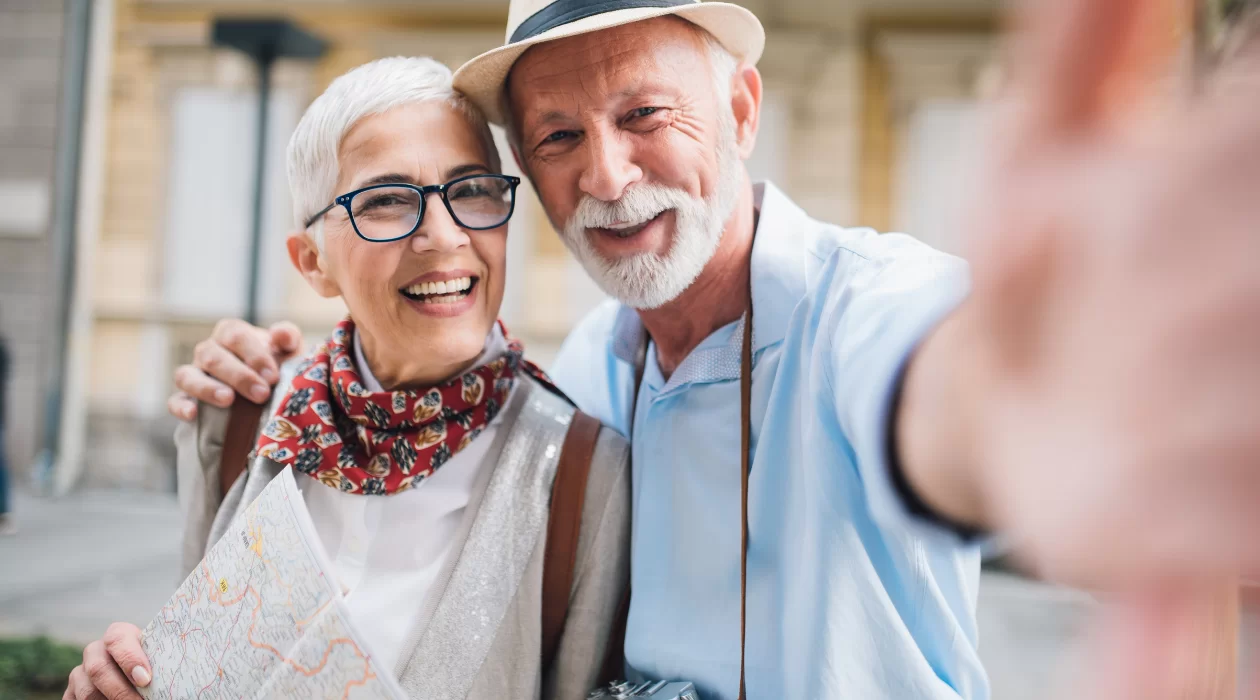We have been receiving an increasing number of calls regarding COVID-19. Here are some of the most frequently asked questions. If you have any additional questions, please feel free to contact us.
How is the virus spread?
Human coronaviruses (COVID-19) most commonly spread from an infected person to others through:
- the air by coughing and sneezing
- close personal contact, such as touching or shaking hands
- touching an object or surface with the virus on it, then touching your mouth, nose, or eyes before washing your hands
- rarely, fecal contamination
- What are the symptoms of this novel coronavirus?
Common human coronaviruses, including types 229E, NL63, OC43, and HKU1, usually cause mild to moderate upper-respiratory tract illnesses, like the common cold. Most people get infected with these viruses at some point in their lives. These illnesses usually only last for a short amount of time. Symptoms may include - runny nose
- headache
- cough
- sore throat
- fever
- a general feeling of being unwell
Human coronaviruses can sometimes cause lower-respiratory tract illnesses, such as pneumonia or bronchitis. This is more common in people with cardiopulmonary disease, people with weakened immune systems, infants, and older adults.
SARS symptoms often included fever, chills, and body aches which usually progressed to pneumonia. No human cases of SARS have been reported anywhere in the world since 2004.Should I stay home if I have symptoms?
Yes, absolutely. Especially if you or someone you know has travelled recently or been in crowded airports/stations.What is the incubation period of this virus? Can I get sick during this time?
It appears that the incubation period is about two weeks. This means for two weeks after being infected, a person can be passing on the virus without being aware. This is why viruses spread
so easily and quickly. There is now evidence that the infection can spread before symptoms appear.Is there a vaccine to this virus?
There isn’t a vaccine to this virus, however it may be possible for one to be developed in the future. The challenge is making enough to meet the need globally in a timely manner. We estimate from sources worldwide that a vaccine will likely begin trials in late spring. If these go well, production could begin in the summer.How to protect yourself
There are currently no vaccines available to protect you against human coronavirus infection. You may be able to reduce your risk of infection by doing the following: - wash your hands often with soap and water for at least 20 seconds
- avoid touching your eyes, nose, or mouth with unwashed hands
- avoid close contact with people who are sickHow to protect others
If you have cold-like symptoms, you can help protect others by doing the following: - stay home while you are sick
- avoid close contact with others
- cover your mouth and nose with a tissue when you cough or sneeze, then throw the
tissue in the trash and wash your hands - sneeze into your elbow
- clean and disinfect objects and surfaces frequentlyTreatment
There are no specific treatments for illnesses caused by human coronaviruses. Most people with common human coronavirus illness will recover on their own. However, you can do some things to relieve your symptoms. - take pain and fever medications like Tylenol (Caution: do not give Aspirin to children)
- use a room humidifier or take a hot shower to help ease a sore throat and coughIf you are mildly sick, you should:
- drink plenty of liquids
- stay home and restIf you are concerned about your symptoms, contact your local health teams.If you have become ill and you feel that this might be due to this novel coronavirus, visit your nearest Emergency Department.What about masks?
Surgical masks are only protective for viruses spread by droplets that are coughed and fall within 1-2 m from a person. We assume that this virus is also spread by airborne microparticles that stay in the air. Protection against these microparticles can only be provided with N95 respirator-masks. At this point, only individuals who are at higher risk for exposure (screening personnel at airports, first responders, ER staff, etc.) need to wear masks.




